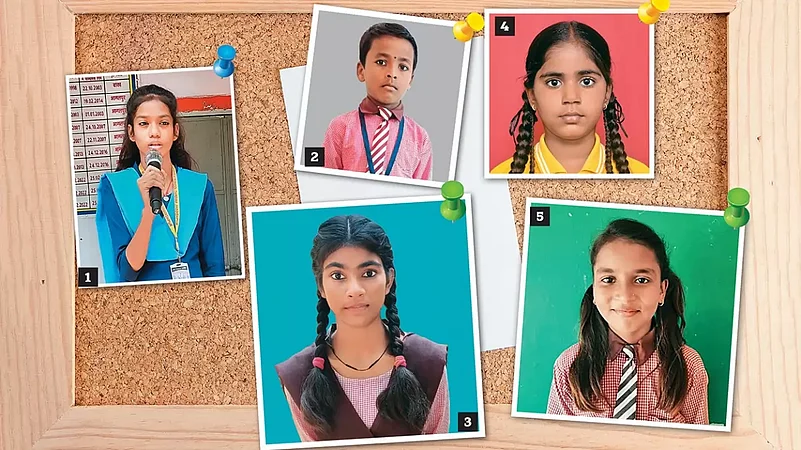The discourse around personal hygiene and cleanliness has picked up in the recent times and even led to positive behaviour change. Now, there is an immediate and urgent need to make personal hygiene a sustainable and long-lasting habit. As a part of this ongoing exercise, Reckitt initiated the country’s first intellectual hygiene event, Dettol Hygiene Olympiad. The aim is to assess students’ awareness of health practices through a national-level annual examination, which will spread the hygiene culture across communities. The test addresses the knowledge gaps in hygiene literacy. Here is a snapshot of some of the champions in this year’s Olympiad.
1. For Ashika Singh, a Class VIII student from Bhagalpur, Bihar, school is the place where she learnt about handwashing technique. Earlier, she washed hands in running water, and took little time. Now, she uses soap or liquid handwash, takes time, and ensures that even the nails are clean. “We wash hands each time before eating, and after using the toilet. We ask family members to follow the same procedure.”
2. Ansh, a Class II student from Varanasi, Uttar Pradesh, learnt the importance of taking a bath regularly. “I wash hands 10-11 times a day. Before eating, we wash plates. Whatever is taught about hygiene in school, I convey it to family. Everyone at home washes hand with soap and water, and makes sure that the surroundings are clean.”
3. In another school in Lucknow, Uttar Pradesh, students are aware of the importance of cutting nails regularly. In fact, nails accumulate the maximum dirt, and clipping them is crucial. “During the morning prayer, teachers urge us to wash hands every time before eating. They talk about nails, and that we need to wash clothes well with soap. We have to take a bath, twice every day, before coming to school and after going home,” says Shivani, who studies in Class VIII.
4. A Class VI student, Priya, who studies in Government Upper Primary School, Uttarakhand, told family about the importance of handwashing. “We are regularly taught about such benefits. We have to take care of personal hygiene. Our teachers talk about the necessity to have good habits and clean surroundings. I convey the same to neighbours and friends.”
5. Ruksar, who studies in Class IV in Uttar Pradesh’s Gorakhpur, says that she learnt about hygiene and cleanliness in school. “We are taught how to wash hands properly, and that we must not hurry with it. During Covid, we learnt that we need to clean hands after we touch anything.” Students in Ruksar’s school stand in queues to wash hands before eating. When she reaches home, she showers and cleans up.


























